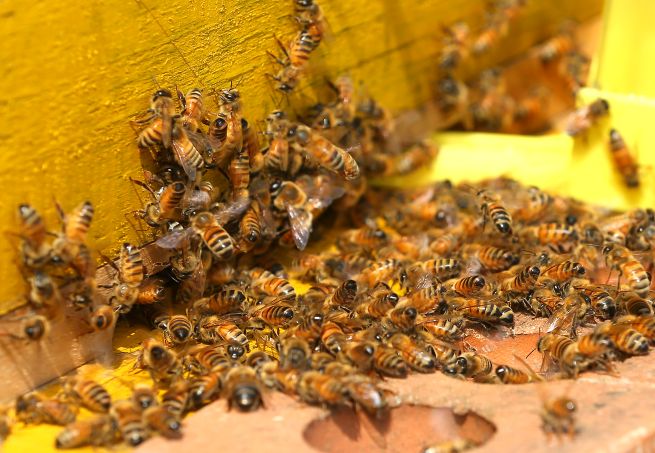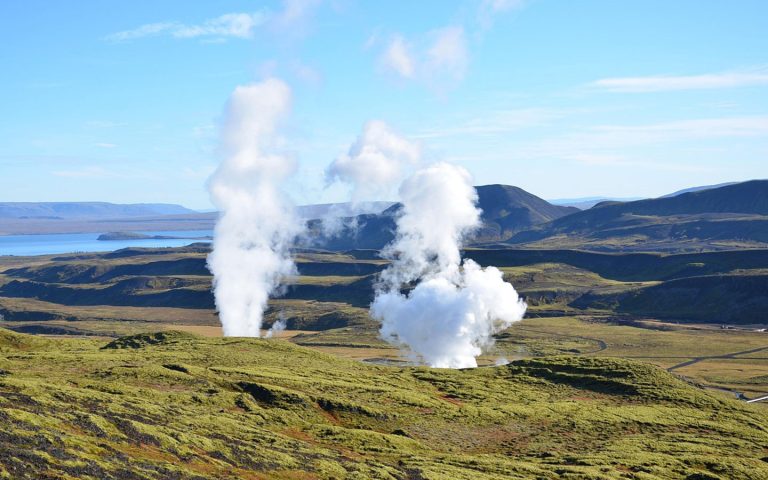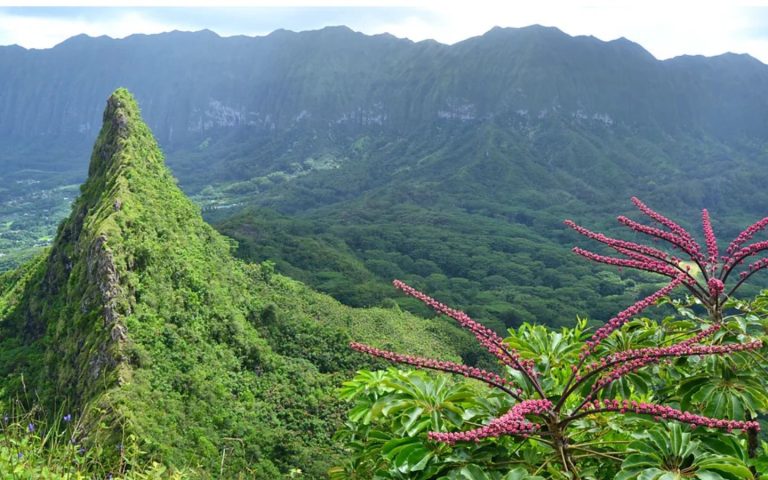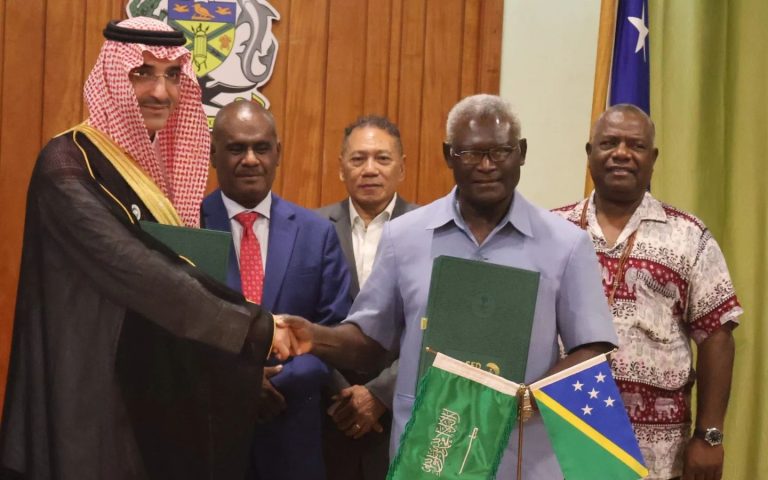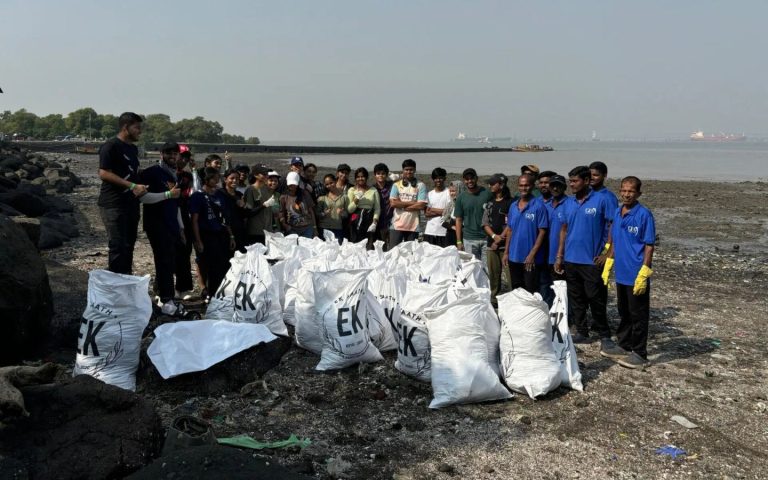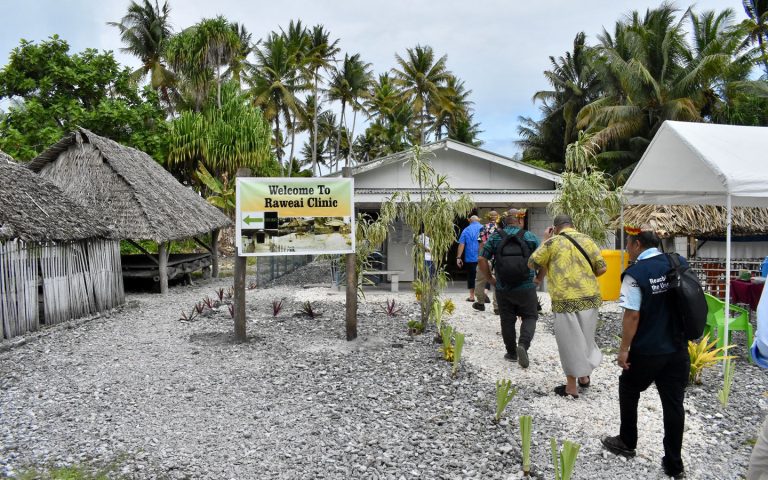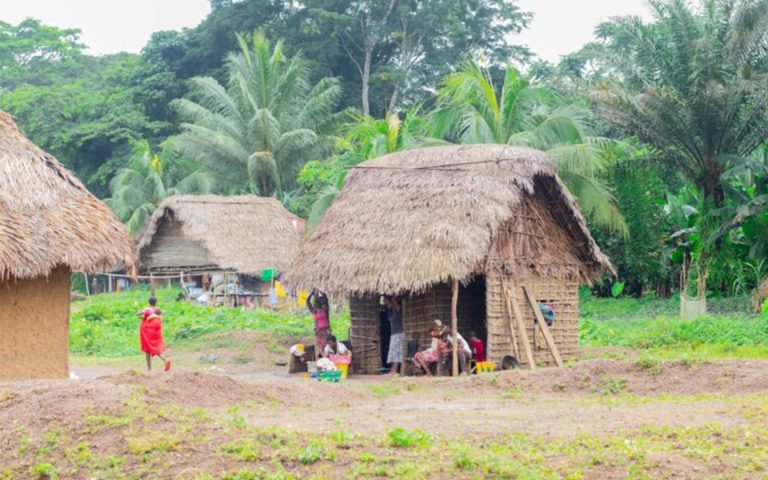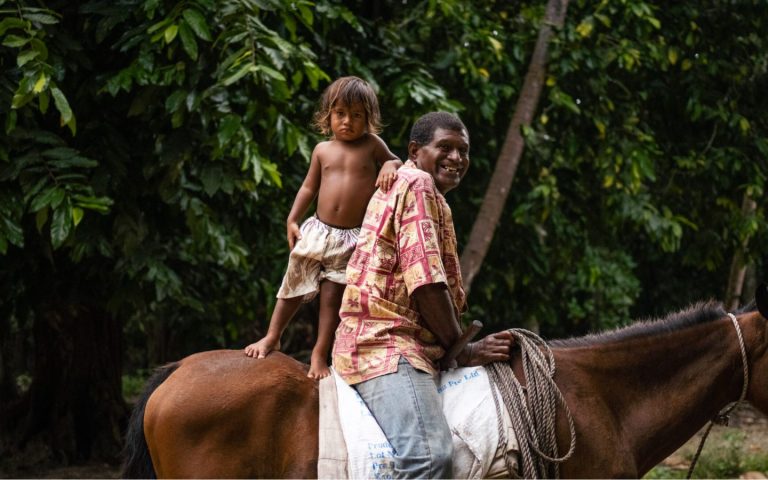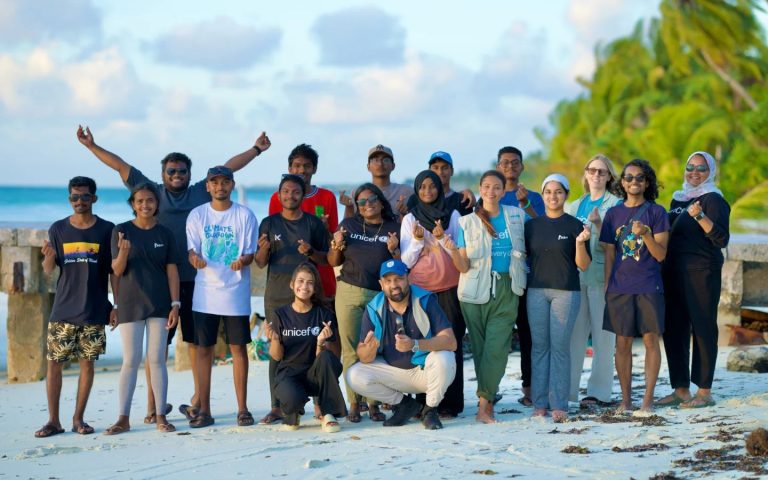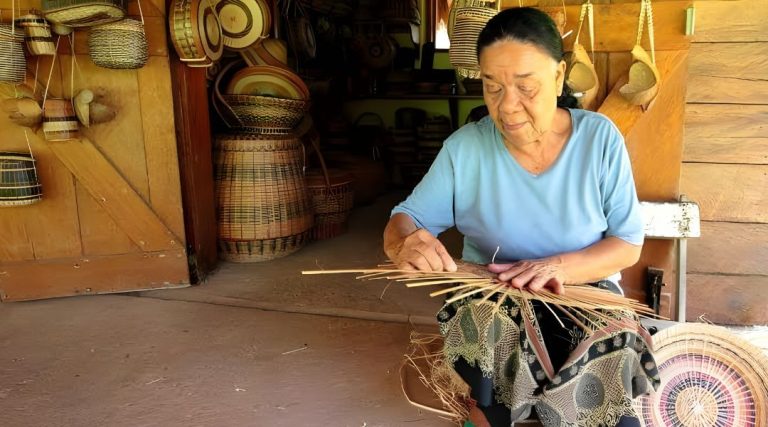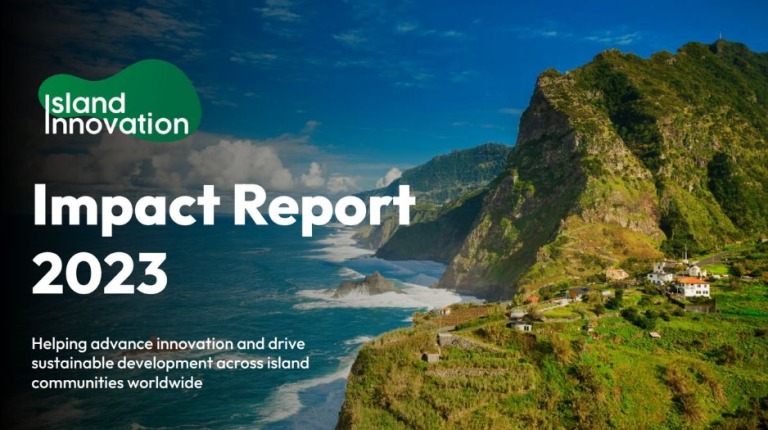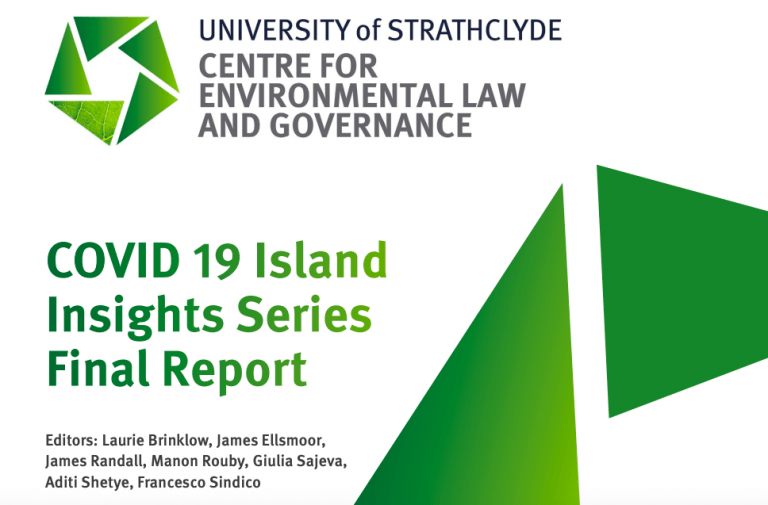Image courtesy of Yonha. Retrieved from koreabizwire.com
Excerpt from koreabizwire.com
The honeybee population in Jeju has been steadily declining, raising concerns among local farmers and environmental experts.
According to data released by the Jeju provincial government on February 13, the number of beehives on the island has consistently decreased over the past five years, falling from 80,803 in 2020 to 56,678 in 2024.
The annual decline rate has accelerated, from a 2.5% drop in 2021 to a sharp 29.9% decrease in 2024. Officials attribute the decline to climate change, which has disrupted the blooming patterns of nectar-producing trees, leading to reduced honey production.
Additionally, the rising cost of queen bees has increased production expenses, particularly for small-scale beekeepers.
Meanwhile, the latest livestock statistics indicate shifting trends in Jeju’s agricultural sector. The number of Korean native cattle (Hanwoo) and beef cattle declined, with Hanwoo dropping 1.3% to 38,456 head in 2024 from 38,978 the previous year. Beef cattle numbers saw a more significant decrease of 25.6%, falling from 1,076 to 801.
In contrast, dairy farming experienced growth, with the number of dairy cows increasing by 4.5% to 4,419, up from 3,972 in 2024. Poultry farming also expanded, with the chicken population rising 2.4% to 1.86 million.

